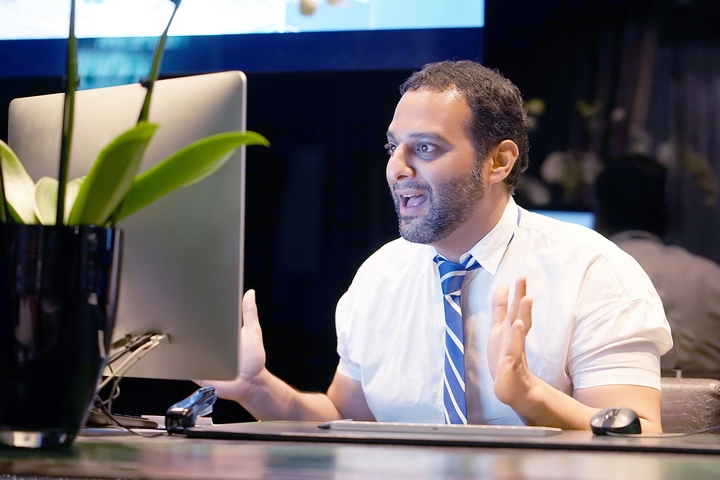Some computer problems are easier to fix than others, but all of them are annoying, especially because they always seem to happen at exactly the wrong time – like when you’re up against a big deadline. Here are a few common computer problems, and some steps you can take to solve or avoid them.
1. Slow start up

If your computer is taking forever to boot up, it could be a result of too many things trying to function at once. When you download programs, they will often automatically set themselves to launch upon start up. When your computer boots up, all of the programs are battling for precious start up power, and your computer simply can’t handle it all at once, so it takes a super long time to complete its start up instead.
This problem is usually easily solved by going into the “Start up” tab in the Task Manager and disabling programs you don’t want to launch when the computer starts up.
2. Random shutdown

Unexpected shutdowns are one of the more common computer problems, which occur because of overheating. This is often due to a fan malfunctioning. There is software that you can download to monitor the functioning of your computer’s fan to ensure it doesn’t overheat, and you can also use external fans or cooler pads if you are on a laptop to keep your computer cool.
The overheating may be the result of a malfunctioning fan or power supply. If this is the case, replace the part immediately before serious damage comes to the computer.
3. Computer shuts down immediately after powering up

These are fairly common computer problems because it can be caused by a number of different factors. One of the simplest problems that it could be is simply a loose cable. Check all cables connected to your desktop computer.
Another possibility is an electrical short. You can often decipher if this is the problem by gently shaking the computer. If you hear clanking noises, there may be some pieces out of place. Alternatively, it could also be a power supply issue, a problem with the motherboard, or loose memory modules.
4. The screen is blank

If the screen remains blank even though the computer is on, it could be a couple of different things. The embarrassing fix is to check if the brightness is turned up. Especially on a laptop this can be an easy button to accidentally push.
Probably more likely is it could simply be a problem with the connection between the screen and computer – like a loose or a faulty wire. On a laptop it’s a little more difficult because the wires are internal, so it would probably require professional assistance.
5. Slow functioning

If you find that things are taking a long time to load, and that the computer is just generally slow, there may be some type of malware on the computer that is causing it. Another possibility is there may be too many files on the computer’s hard drive, so it may need to be cleared out a bit. Install anti-malware programs, and consider using an external hard drive to help speed your machine up.
6. Frozen screen

Sometimes, there is just one problematic frozen program that you can force shut down in the task manager. However, sometimes the entire computer freezes, and you’ll be forced to do a hard shutdown where you just hold the power button until the computer turns off.
Note, in a hard shutdown you will lose all unsaved data. Some reasons for a total freeze could be malware, overheating, a problem with software, or just an overworked computer trying to run too many programs.
7. Malware

One of the most irritating parts of owning a computer is trying to avoid malware. There are so many different kinds of malware, and some of them are extremely difficult to spot.
The best way to avoid malware on your computer is to prevent it happening in the first place by installing antivirus and anti-malware software, and firewalls. Malware is no trivial matter, especially with large businesses and organizations. If you haven’t protected yourself from the next malware attack, using a managed service from your IT provider is the recommended option.
8. Weird noises

Strange noises in your computer can either be kind of annoying or very, very bad. There is no in between. The good news is it could just be a faulty fan making all that racket, and these are very easy and not too expensive to get replaced. The bad news is it could be your hard drive getting ready to tank on you. It might be a good idea to back up your files, just to be on the safe side.
9. Slow internet

If the computer is working well, but the internet is working slowly, it could mean that you need to clear your cookies. Your cookies is a tomb containing all of your browsing history, and that data is used when you are using the internet, so there is a lot more information to filter through.




